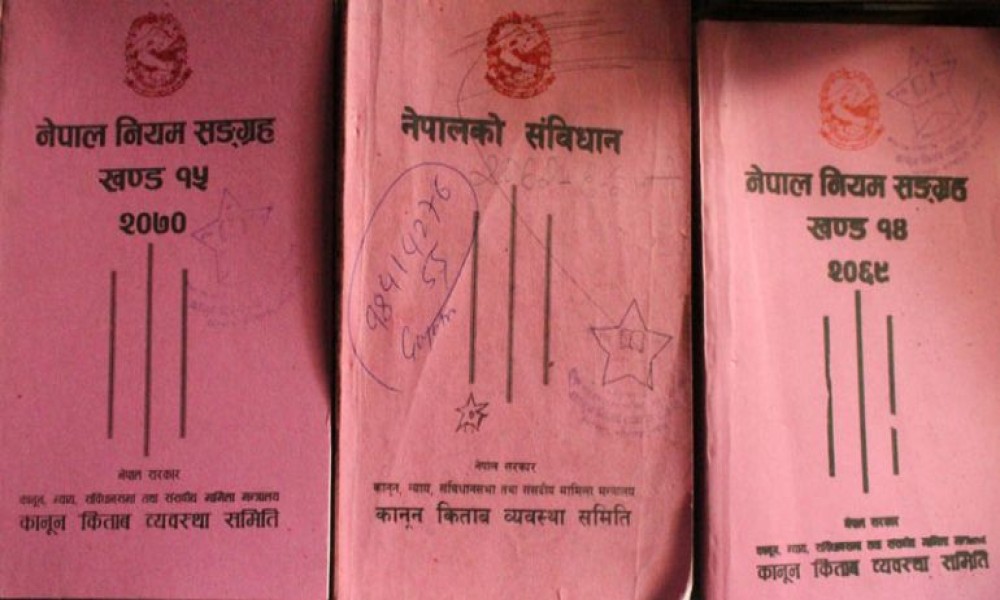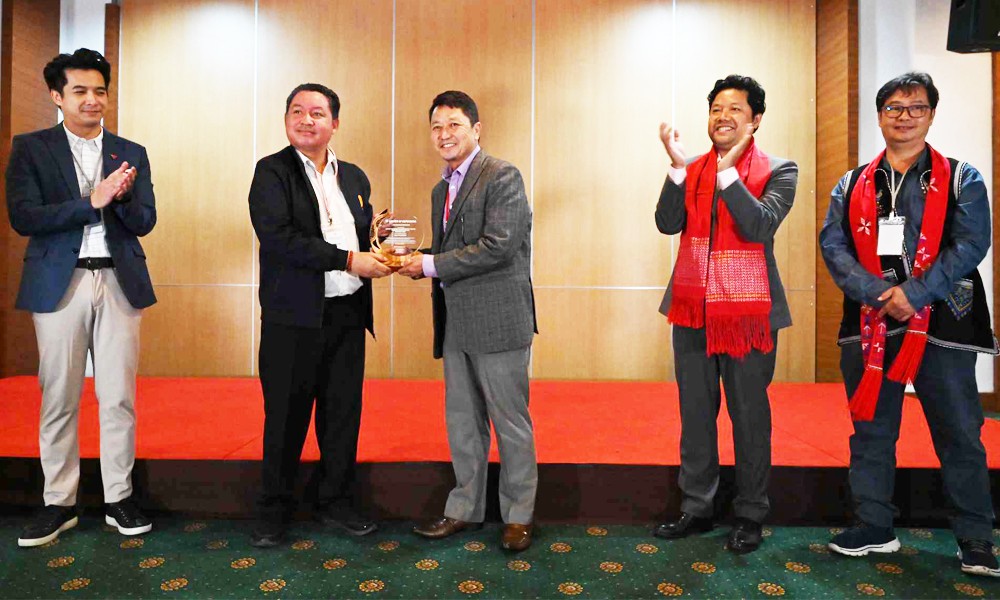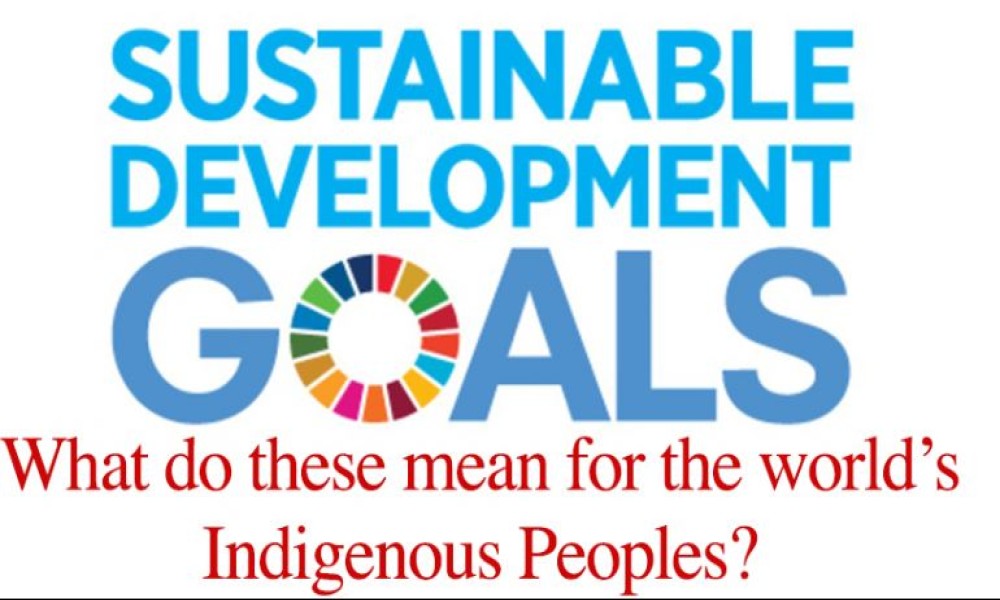Nepal is now amending the existing laws and drafting the new ones to implement the Constitution 2015, which has been rejected by a section of the society. The leaders of Nepal's indigenous rights movement have also objected to some of its provisions. However, they say it is important to institutionalize the constitution, and struggle to fight for more rights.
"The Constitution has certainly not addressed all of our aspirations, but it is important to institutionalize whatever achievements we have from it," says Nagendra Kumal, President of the Nepal Federation of Indigenous Nationalities (NEFIN). "We need to take initiatives for this."
Nepal's new constitution was promulgated by an elected assembly in September 2015. The government is determined to implement the charter by revising laws in tune with it, while Adivasi Janjatis and Madhesi communities are pressing for rewriting or amending it.
More progressive than the previous constitutions
Shanti Jirel, President of Nepal Indigenous Women's Federation, says the new constitution is more progressive than all the six that the country has had over the last 50 years. "We had had six constitutions since the early 1950s, but the one passed in 2015 is more progressive than the past charters," she says. "It was the first time the charter was drafted by people's representatives."
Some political leaders have claimed that Nepal's new constitution is the best in the world while others claim it is more regressive than ever. Jirel disagrees with both schools of thought. "It is neither the best nor the worst," she says. "It has some flaws that need to be corrected."
Some political leaders have claimed that Nepal's new constitution is the best in the world while others claim it is more regressive than ever. Jirel disagrees with both schools of thought. "It is neither the best nor the worst," she says. "It has some flaws that need to be corrected."
Jirel and Kumal both agree that the big parties that pushed through the Constitution ignored the demands pressed by Adivasi Janjatis. "The charter has ignored identity as the basis to carve out federal provinces, disrespecting the past agreements between Adivasi Janjatis and the government," says Kumal.
Kumal, who is also a Nepali Congress lawmaker, says that even the United Nations Declaration on the Rights of Indigenous People (UNDRIP) and the International Labor Organization (ILO) Convention 169 were ignored when the Constitution was drafted. "So there is room for improvement," he says. "By amending the Constitution, we can ensure rights of indigenous people."
One of the major demands of indigenous peoples of Nepal was autonomy and self-governance in their ethnic and cultural clusters. But this demand has not been addressed in the Charter. "It has ignored the principles of inclusion, so it is regressive than the Interim Constitution 2007.
The flaws
Indigenous rights movement leader and political analyst Malla K Sundar says there are many flaws in the Constitution. "It is good that the Constitution has declared Nepal a federal republic, but the basis to carve out federal provinces and definition of secularism are problematic," he says.
One of the major demands of indigenous peoples of Nepal was autonomy and self-governance in their ethnic and cultural clusters. But this demand has not been addressed in the Charter. "It has ignored the principles of inclusion, so it is regressive than the Interim Constitution 2007," he says. "Minority groups wanted their representation in proportion to their population, but their hopes have been dashed."
The new Constitution has embraced principles of liberal democracy, and has emphasized personal freedom. However, according to Sundar, it has rejected Adivasi Janajati's collective rights and freedom. "Adivasi Janjatis will have to pay a price for it," he says. "So the new constitution needs to be amended."
(Indigenous Feature Service)










